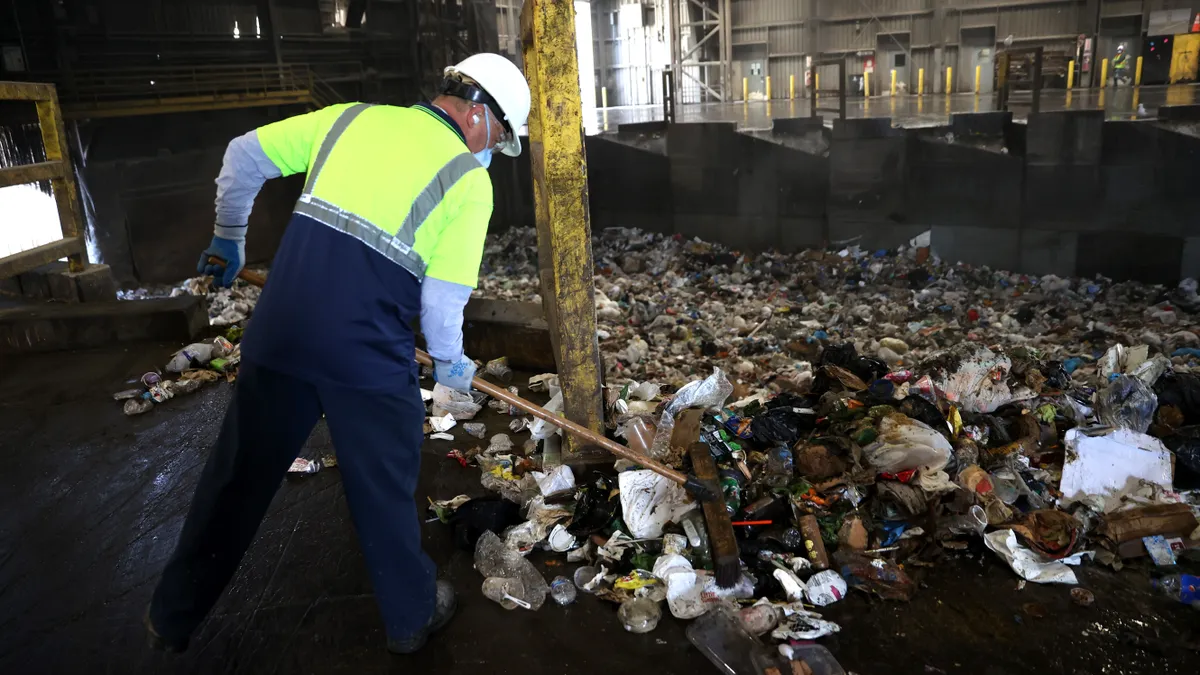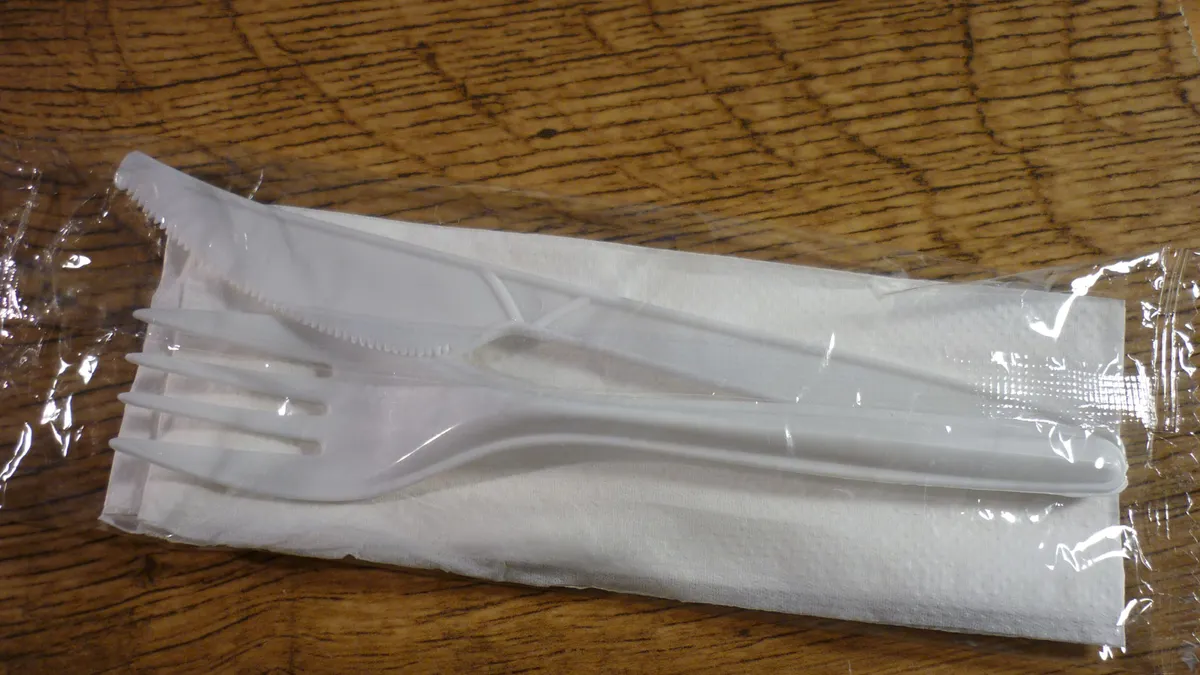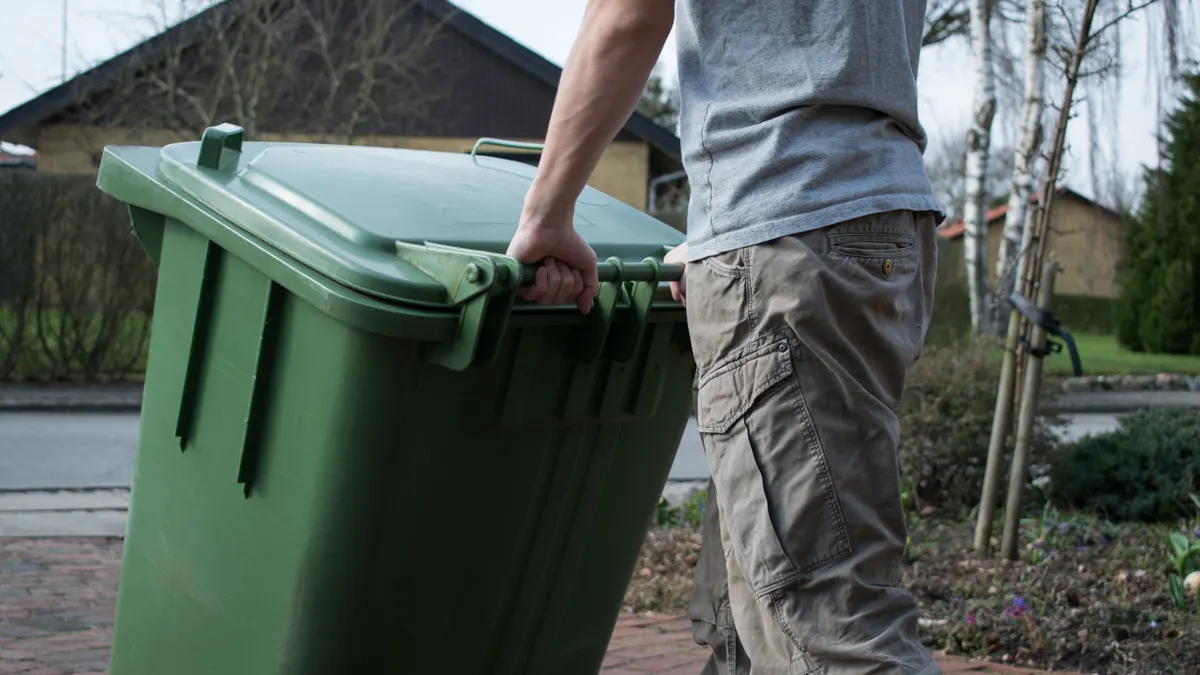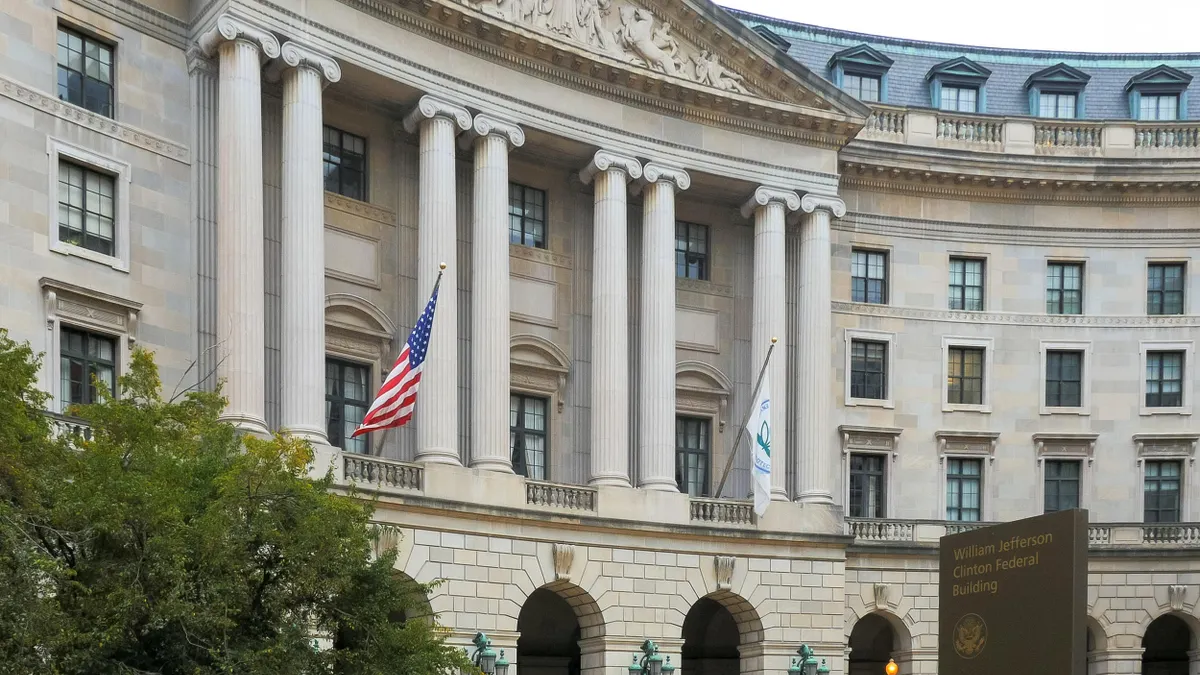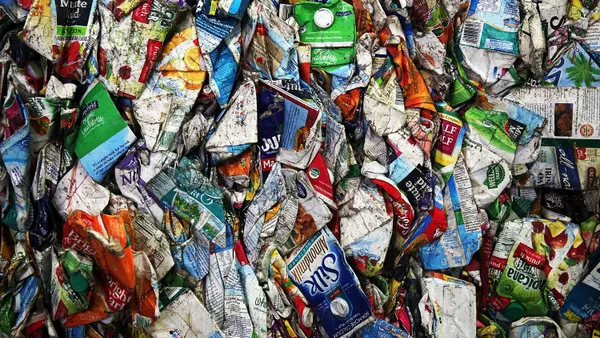In 1996, New York Times journalist John Tierney wrote an opinion piece for The New York Times Magazine titled 'Recycling is Garbage,' which scrutinized the entire concept of recycling. "We must achieve garbage independence," said Tiereny, noting that recycling wasn't an economical way to do so. He claimed that Americans were likely to recycle because there was more of an "emotional need" for it than anything else, and he pushed enough buttons to set the all-time record for the greatest volume of hate mail that The New York Times Magazine had ever received from readers.
Last week, Tierney re-wrote his ideas into an updated version of the piece, this time titled 'The Reign of Recycling.' He made similar arguments to the ones he made 20 years prior: Recycling is not economical, it's not as environmentally impactful as many think, and most people recycle as a way of achieving personal virtue than anything else.
Needless to say, many waste industry professionals, activists, and consumers had a strong opposition to Tierney's statements:
Funny how people rush to proclaim commodity businesses dead ONLY when commodities are down.
— Adam Minter (@AdamMinter) October 4, 2015
Disheartening article about the economics of recycling. Not what we all think they are.
— Aaron Neinstein, MD (@AaronNeinstein) October 6, 2015
This guy make sense but i feel like the only thing that makes him happy is the thought of people *not* recycling.
— Joseph Method (@method3000) October 6, 2015
Waste Dive spoke with Tierney to follow-up on his story, asking what his perfect solution would be to a recycling sytem that he considers so "inefficient" for the American society.
WASTE DIVE: Waste management, under law, is an essential public function, and it does prove to be beneficial even though it’s costly. Do you truly believe that the lack of profitability with recycling, say, food waste, outweighs the environmental benefits of doing so?
JOHN TIERNEY: Yes. I mean with food waste, as I said, the composting facilities are not very pleasant neighbors to have as New York City found out when it started sending its food waste. But, except for paper and cardboard and metals, there isn’t that great of an environmental benefit to recycling glass and a lot of plastics and food waste and yard waste. So I don’t see that there’s much gain in spending a lot of money to do so. I mean, if your goal is to reduce carbon emissions, there are much more cost-effective ways to do it than to recycle it.
The one cost that never gets factored into this, which is actually bigger than any of it, is the cost of everyone’s time to do this. Everyone is forced to spend their spare time sorting garbage, forced to get new bins and take up new space in our homes … So it’s a big cost that’s imposed on people, basically forcing people to become garbage sorters, and I think that it should only be done if there’s actually a public benefit from it. And I don’t see the benefit.
The contamination of recyclables with non-recyclable materials is part of that big economic cost and declining value associated with recycling, so if we were to just improve this contamination issue – maybe by eliminating single-stream or through educational efforts – would you see this as a compromise to continue recycling while being economical?
TIERNEY: It’s still a huge imposition on people. Single-stream to me, when I first heard about it, it seemed appealing because at least you’re not forcing everybody to spend their time doing it. And to me one of the big problems that comes with recycling is that it’s a labor-intensive industry — the cost of labor increases, the cost of raw materials over the long haul tends to decrease. So the extent that you could automate the process, recycling makes more sense. But I understand that single-stream causes all of these problems with contamination, and I think the idea that you can solve this problem by just educating people — they’ve been saying this for 25 years and it’s a huge mission to educate millions of people to really focus on recycling a milk jug but not a milk carton or whatever. That’s a big imposition to have people spend all of their time doing this. I don’t want to spend my time figuring out how to— I mean, most people couldn’t program their VCRs, and to all become experts in garbage management, I don’t think it’s fair and I think it’s impractical. People just don’t want to learn that. There are some people that are really devoted to doing it, and I think people derive pleasure if they feel fulfilled by recycling, more power to them, let them do it. I just don’t think it should be mandatory.
You compared recycling to being almost like a “religious ritual” to some people. Since recycling has been so highly promoted over the past few decades, do you actually think it’s realistic for us to stop it and to change the habits that we’ve already created?
TIERNEY: I guess I would say make it voluntary for people who really want to do it, let them do it. But don’t make everyone else do it. The fact is an awful lot of people don’t like to recycle because the rate isn’t that high. There are neighborhoods in New York where it’s probably 10% that gets recycled. So I think there are people who like to do it, who feel better doing it, and so let them do it. Recycling was really based on a couple of very mistaken projections – That it would save money, that it would avert these problems of disappearing landfill space and disappearing materials and once you realize that the original problems aren’t there, it’s kind of foolish to keep trying to impose a solution to them.
But if we were to make recycling voluntary, wouldn’t that not help the issue of the cost of the MRFs, the transportation, and the laborers? People are still going to recycle if it’s voluntary.
TIERNEY: I don’t know. I agree with you that there’s a logistical problem. In an ideal world, if I were king I would say "If you want to recycle, fine, and you’ll pay whatever the extra cost is to do the recycling. We’ll bill you for it." I know there are logistical problems with that. You could certainly have private recyclers come along and take the recycling and you’d just pay them the way restaurants pay to get rid of their trash. The other solution is incinerators … I know there’s a problem with incineration being pretty expensive in the United States but it’s interesting that they’ve been opposed by environmentalists – not that the incinerators cause all this pollution, not that it’s not a good way to get rid of garbage without landfills, but because it gets in the way of recycling. We have to avoid a much easier solution because we have to keep this right of atonement in place.
If, hypothetically, everybody were to read your story and agree that recycling needs to change, what would be your first steps in changing it?
TIERNEY: Recycle paper, cardboard, and metals and don’t worry about the other stuff. Or have people basically voluntarily recycle that stuff and have people who want to do the plastics, you can set up some other system for them, but don’t make everyone else do it.
What do you think of Tierney's views on recycling? Let us know on Twitter at @WasteDive.







